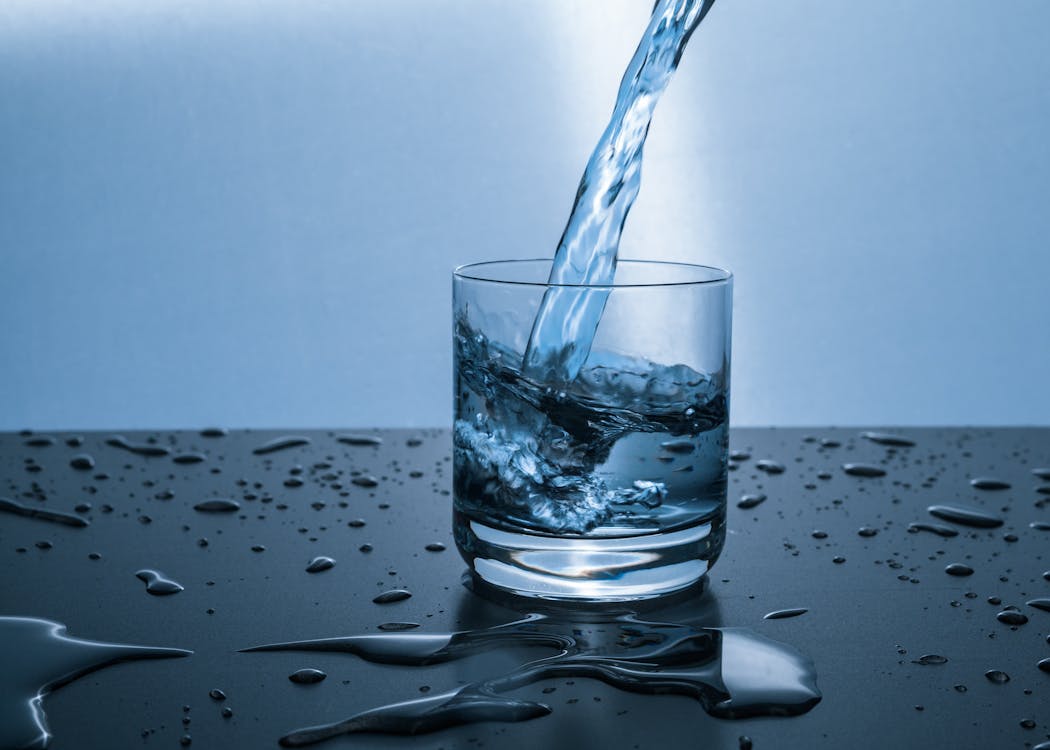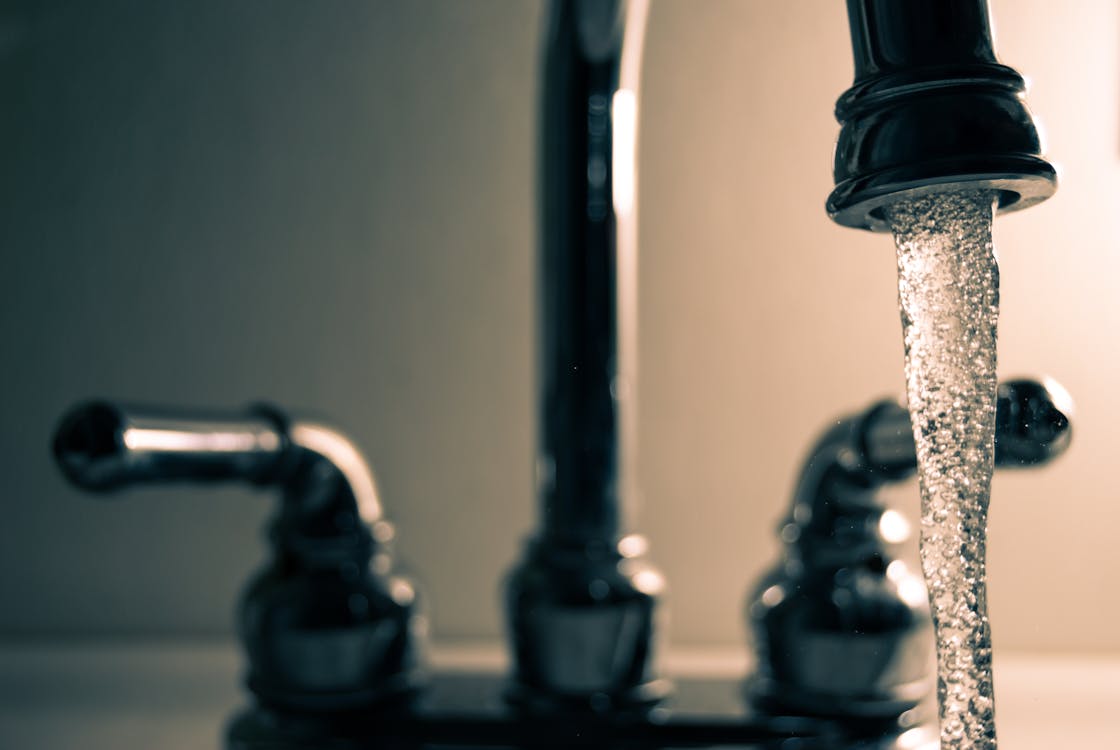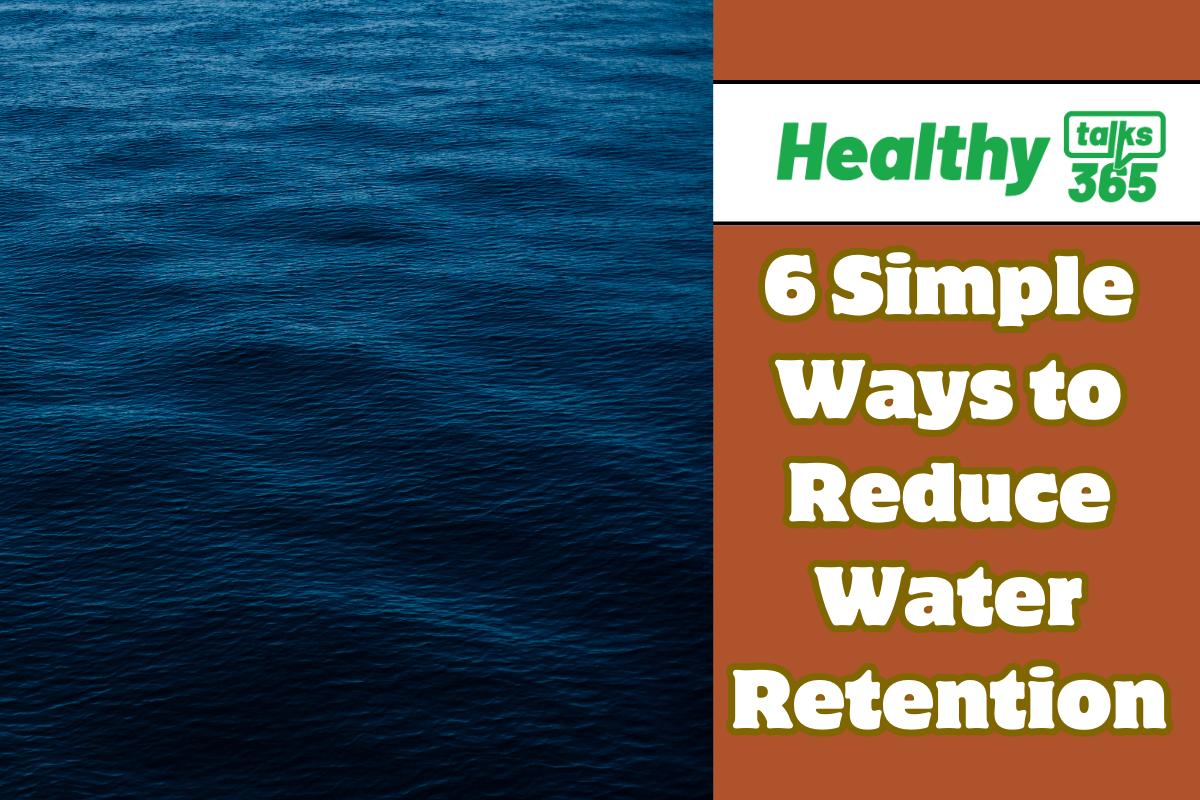6 Simple Ways to Reduce Water Retention
1. Reducing Sodium Intake can help in reducing water retention
Sodium, found in many processed foods, makes your body hold onto extra water. By choosing fresh, natural foods instead, you can lower your sodium intake and decrease bloating.
Drinking plenty of water also helps flush out excess sodium. Eating foods rich in potassium, like bananas and leafy greens, can balance sodium levels and keep fluids in check.
2. Drinking More Water helps to reduce water retention
When you drink enough water, your body doesn’t hold onto extra fluids. This is because water helps your kidneys work well and get rid of waste.
Plus, it can reduce bloating by flushing out toxins and helping your digestion. Aim to drink about eight glasses of water a day to stay hydrated and avoid water retention. Eating fruits and veggies with lots of water, like cucumbers and watermelon, can also help.
Read Also:
Healthy Foods For Keeping Healthy Weight In Winters Cold
3. Eat Potassium-Rich Foods to reduce water retention
Potassium is important for balancing fluids, so it can help stop you from feeling bloated. Foods like bananas, sweet potatoes, spinach, and avocados are all rich in potassium.
When you eat these foods regularly, they can help keep your fluid levels in check and prevent water retention. Adding potassium-rich foods to your diet is a simple way to fight water retention and feel better.

4. Reduce Refined Carbohydrates to reduce water retention
=Foods like white bread and sugary snacks can make your blood sugar spike, causing your kidneys to hold onto more sodium and water.
By choosing whole grains, fruits, and veggies instead, you can keep your blood sugar stable and reduce bloating. Plus, cutting back on processed carbs can also help you lose weight, which further reduces water retention.
5. Physical activity can help reduce water retention
When you exercise, your muscles contract, which helps pump fluids back towards your heart and encourages circulation. This can help reduce fluid buildup in your tissues and alleviate symptoms of water retention, such as bloating and swelling.
Additionally, sweating during physical activity allows your body to release excess fluids and toxins, further aiding in reducing water retention. Regular exercise also promotes overall cardiovascular health and encourages proper lymphatic drainage, which can help prevent fluid retention in the long term.

6. Elevating Your Legs can help in reducing water retention
When you raise your legs, it helps move extra fluid back towards your heart, where it can be removed. This can lessen swelling and discomfort, especially in your legs and feet.
Lifting your legs also improves blood flow and drainage, which further reduces fluid buildup. Try lifting your legs for about 15-30 minutes several times a day, especially after sitting or standing for a while.




